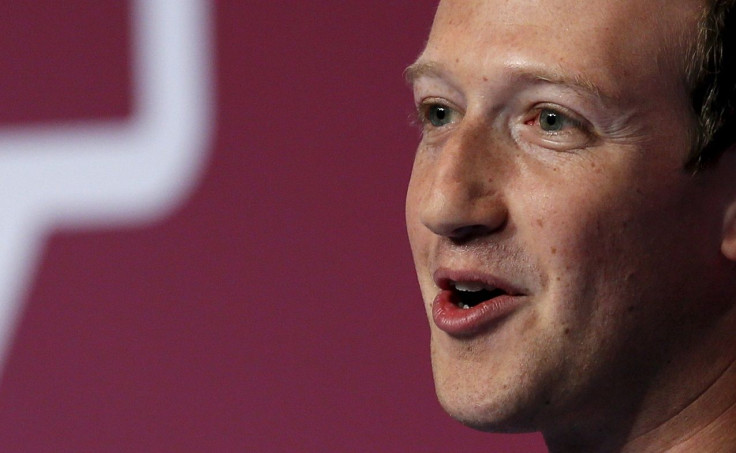Facebook’s Free Basics: Net neutrality killer or saviour of the poor

Facebook’s Zero-Ratings Free Basics is either a destroyer of industry equality or a liberator that will provide free Internet to millions of poor people. The controversy that has surrounded the social media giant’s latest offering has drawn the line in the sand between its admirers and detractors. India’s telecommunications regulatory board has placed it on the side of the critics, making one of the world’s largest nations – and a global mobile powerhouse – a critical battleground that may set the direction of Free Basics to a watching world.
The Seattle Global List explains that Free Basics are free applications that users can download from Facebook without using or spending for their mobile data. It is part of Facebook’s initiative, along with Internet.org, to make the internet accessible to millions of marginalised people around the world who cannot afford it. It is also a beloved advocacy of Facebook founder Mark Zuckerberg, who describes Internet connectivity as “a human right” that cannot remain “a privilege of the rich and powerful.”
Lexology adds that Free Basics can be downloaded through Google Play (for Android) and iTunes (for iPhones). It offers users without cost “low-bandwidth” services like news services, streaming video, messaging and a lean-and-mean version of Facebook. Telecom operators can also use it for free by just signing up.
Facebook is not alone in fighting for its cause to reach out to the less affluent users. Wikipedia has its Zero and Google its Free Zone. All three free-for-the-poor services have been banned from the United States.
The Telecom Regulatory Authority of India (TRAI) seems to be following their steps by publishing the 15-page document entitled “The Prohibition of Discriminatory Tariffs for Data Services Regulations.” Though it does not focus on solely on Facebook Basics, it was clearly influenced by its launch and growing popularity. The ruling prohibits “zero-rated” offerings to all providers in respect of net neutrality. In short, a mobile operator that draws in millions of users who like Facebook’s Free Basics has gotten unfair advantage over its competition. The neutrality of the net has been breached.
Furthermore, the Seattle Global List also points out that Free Basic opponents charge that it is a Trojan horse designed to lure in poorer consumers into the Facebook community while depriving them of the broader content that the Internet truly offers. These new customers just might find it comfortable to enjoy the bare necessities of the Internet, while Facebook commands their loyalty and following. Indian venture capitalist Mahesh Murthy accuses Facebook of “economic racism.” He says, “[It is] exploiting the poor to become your customers ... while offering them a shortened, stunted version of the real thing.”
As Lexology elucidates, Facebook’s own response to TRAI is an admission of a more commercial agenda, aside from the professed noble purposes: After enjoying Free Basics without payment for a month, its users will eventually warm up to forking up a little bit more money for a greater Internet reach. Facebook tells the TRAI, “ These arrangements therefore act as an on-ramp to the Internet. It is this on-ramp that Facebook has an interest in seeing flourish.”
The war is far from over, and both sides are bent on winning the public over to their positions. But at the end of the day, the numbers alone speak volumes. Four billion people out of the 7.3 billion who inhabit this earth still do not have access to the Internet, according to a United Nations report. India itself has a stake in the issue: given its 1.3 billion population, its 30 percent penetration rate places it at the bottom pile of global connectivity. The TRAI ruling also seems to run counter to the movement of industries and organisations that are beefing up their Internet connectivity by investing in network extenders, like 5BARz International’s, improving satellite systems and providing Wi-Fi access in remote places.
Indian author Manu Jones, a Free Basics advocate, lauds that the service has already empowered 100 million Indians who did not have previous access to the Net. He wrote in The New York Times that the coming change is inescapable: “[Free Basics] is an idea that can transform India.”
As it will the rest of the world. This revolution may be unstoppable, and resistance may be futile.




















